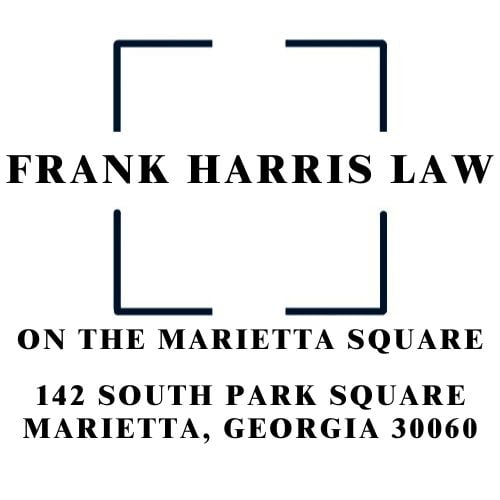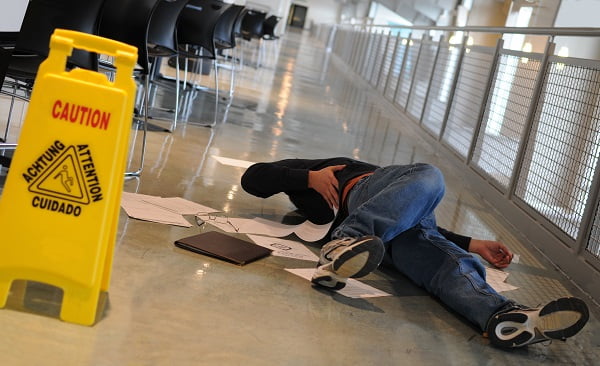You never expect to encounter danger when you walk into a local store or business, but accidents happen. Customers can easily slip on a puddle of water on the floor, fall on flimsy stairs, or trip over carpeting that has not been properly installed. These accidents are known as “slip and fall” incidents, and unfortunately they are rather common. If you ever injure yourself while in a store or business, here’s what you should know:
1) The property owner is not automatically held liable.
Property owners have a legal obligation to maintain their property so customers and other visitors do not injure themselves. However, that does not mean they are always held liable for injuries. The property owner may be held liable if it can be proven he knew about the dangerous condition that led to the injury, but did nothing to fix it. He may also be held liable if the injured person is able to show that either the property owner or one of the employees caused the safety hazard. For example, if a security camera shows an employee spilling liquid on the floor and then walking away from it without cleaning it, the property owner would likely be liable. Even if the property owner was unaware of the issue, he can be held liable if it can be proven a reasonable person would have known about the issue and taken steps to repair it.
2) It’s challenging to define “reasonable” in these cases.
How can an attorney prove a reasonable property owner would have known about the hazardous condition? It depends. In some cases, an attorney can show the safety hazard was present for such a long period of time that a reasonable person would have known about it. An attorney may also be able to prove the property owner did not have a standard procedure for inspecting his property for potential safety hazards, but a reasonable person would.
3) You may be partially to blame.
An insurance company may try to say you are partially to blame for the slip and fall accident. For example, if the puddle was clearly marked with a “Wet Floor” sign but you slipped anyway, the property owner may not be at fault. Slip and fall victims can also be partially to blame if they were distracted at the time of the accident. In this situation, the property owner may be able to argue a careful person who was not distracted would have been able to avoid the safety hazard.
4) You may be entitled to compensation.
If the property owner is at fault for your injuries, you may be entitled to compensation for your medical expenses, pain and suffering, and lost wages.
Compensation in slip and fall cases is never a guarantee, but an experienced personal injury attorney can increase your chances of recovering what you deserve. If you have been injured in a store or business, contact Frank Harris as soon as possible after the accident to discuss your legal rights. Schedule a consultation today by calling 678-483-8655 or sending an email to info@FrankHarrisLaw.com. For more information regarding our services, or to contact us online, visit www.FrankHarrisLaw.com.

